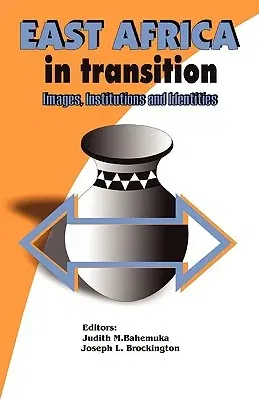Over the past decade, there has been a growing awareness in sub-Sahara
Africa that institutions of governance are critical to the achievement
of sustainable human development. These institutions also play a crucial
role in the promotion of democracy and partnership building in all areas
that are essential to the advancement of developmental goals. The
International Learning Centre (ILC) at the University of Nairobi, with
support from the Great Lakes Colleges Association (GLCA) and Kalamazoo
College, brought together leading scholars from the Universities of
Dar-es-Salaam, Makerere and several Kenyan institutions. These were
joined by a group of twenty scholars drawn from the collaborating
universities and colleges in the United States of America. East Africa
in Transition: Images, Institutions and Identities was the theme of the
2001 Symposium. The goal was to challenge the common thinking about
countries undergoing transition, to re-examine the process of change as
it occurs in all areas of modern life. Several questions have been put
forward in the book. Chief among these questions is what, in a holistic
manner, informs and moulds the East African identity. Is it the shared
colonial heritage including the legacy of artificial political borders?
Is it a product of ethnicity and/or home locale? Could it be the
similarity among the languages within the region? Is it the commonality
of the struggle of all the peoples of East Africa to take their place in
the global village? Is identity the product of self-actualization or a
local response to global pressures?


